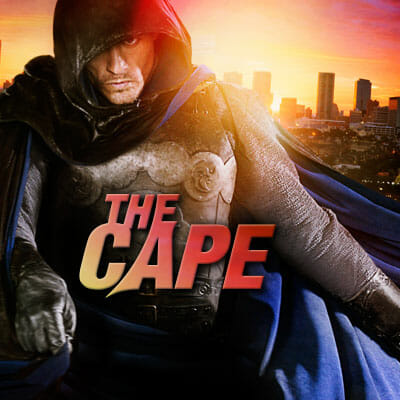The Cape: Series Premiere (Episodes 1.01/1.02)

As NBC tries to re-capture an audience with The Cape, the comparison to Heroes is inevitable. But while Heroes started falling apart around Season Two due to shoddy writing and convoluted plot lines, The Cape manages to stumble right from the start.
-

-

-

-

-

-

-

-

-

-

-

-

-

-

-

-

-

-

-

-

-

-

-

-

-

-

-

-

-

-

-

-

-

-

-

-

-

-

-

-








































